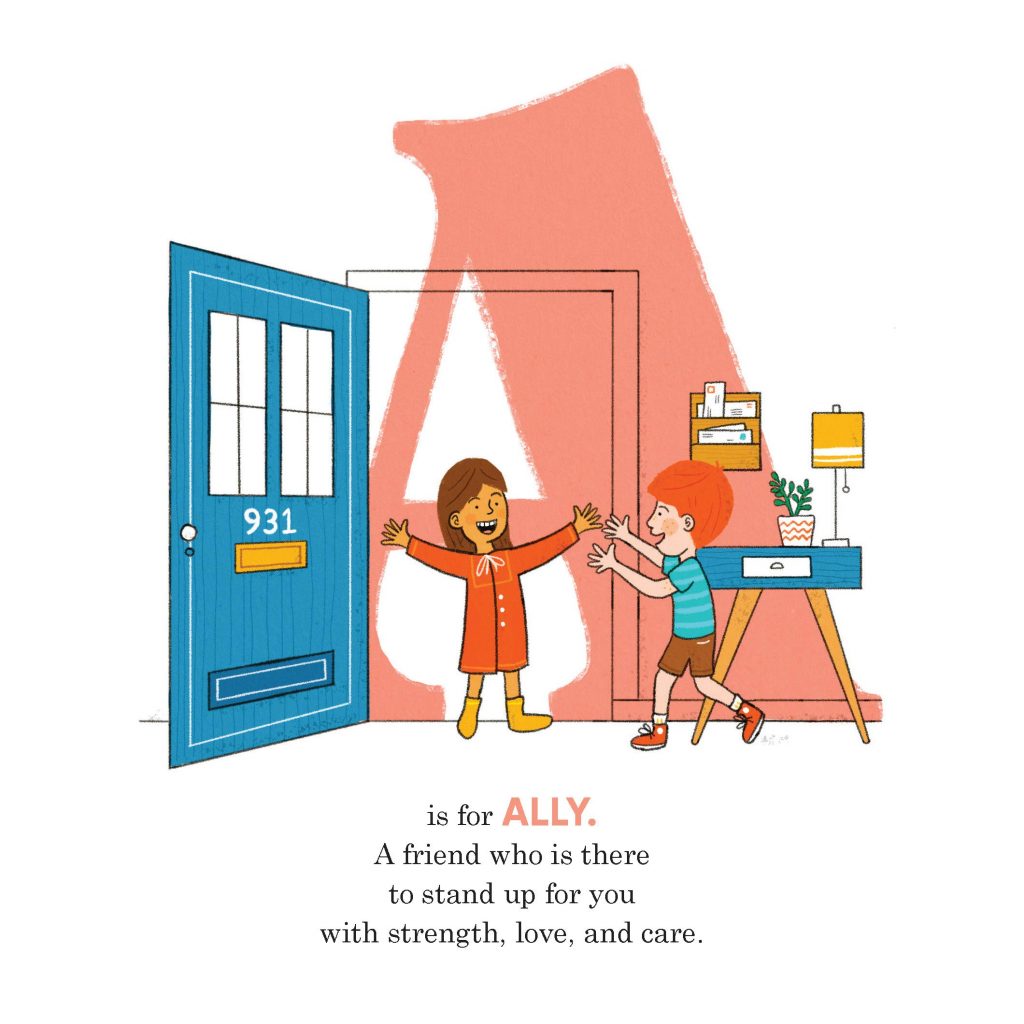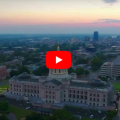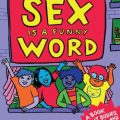
Arkansas’ statewide library catalog shows several books containing graphic sexual content are in children’s and young adult sections of libraries around the state.
According to the Arkansas State Library’s digital catalog, Mockingbird, the book Gender Queer is at libraries such as:
- The Main Library in Little Rock
- Terry Library in Little Rock
- Fletcher Library in Little Rock
- Bentonville Public Library
- Crowley Ridge Regional Library
- Eureka Springs Carnegie Public Library
- Fort Smith Public Library
- Calhoun County Library
- Garland County Library
Gender Queer is a graphic novel that frequently has been challenged in schools and libraries because it contains illustrations that show explicit sexual acts involving minors.
The catalog also lists the book L8r, g8r — another book that contains explicit content — at the following libraries:
- Bentonville Public Library
- Bob Herzfeld Memorial Library
- Grant County Library
- Mabel Boswell Memorial Library
- Malvern Hot Springs Central Library
- CALS Maumelle Library
- Arkansas River Valley Regional Library
- Garland County Library
- Fort Smith Public Library
- Tri-County Regional Library System
- Greenbrier Library
The book It’s Perfectly Normal — a children’s book that includes illustrations of nudity, sex, and homosexuality — was found listed in catalogs for libraries in Conway, Little Rock, and North Little Rock.
Several pro-LGBT children’s books also appeared in library catalogs around the state, including:
- They, She, He easy as ABC published for children ages 3-7 (Cross County Library)
- Bye Bye, Binary, a board book for babies and preschoolers (Crawford County Library System)
- The GayBCs, a picture book for preschoolers and young children (Crowley Ridge Regional Library)
Unfortunately, there has been a growing trend of public libraries in Arkansas placing sexually explicit and pro-LGBT children’s books in their catalogs.
Parents have found graphic sexual material and pro-LGBT books in children’s sections at public libraries across Arkansas.
Communities can take steps to remove objectionable material from their local libraries.
Library boards and librarians have leeway to establish selection criteria and make decisions about the kinds of material available on the library’s shelves.
Library patrons generally can use a Material Reconsideration Form to ask libraries to remove inappropriate material.
And voters can call on their elected officials to enact laws protecting children from objectionable material in public libraries.
Articles appearing on this website are written with the aid of Family Council’s researchers and writers.




